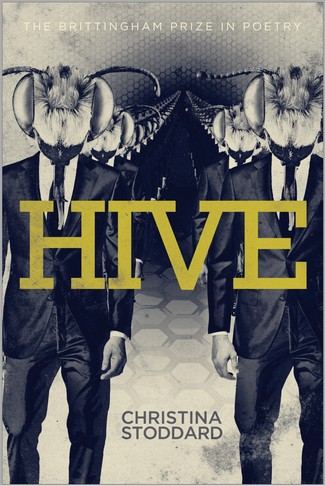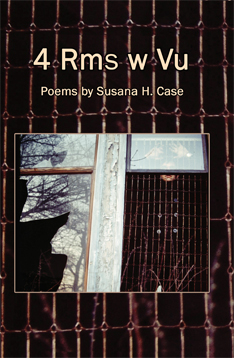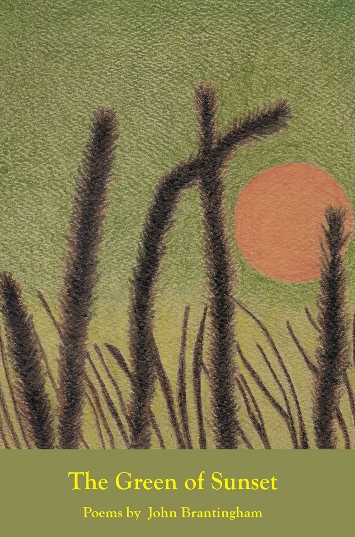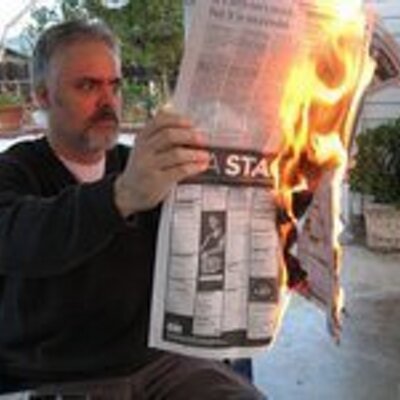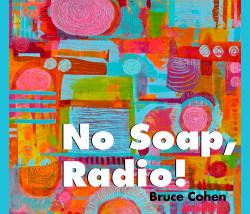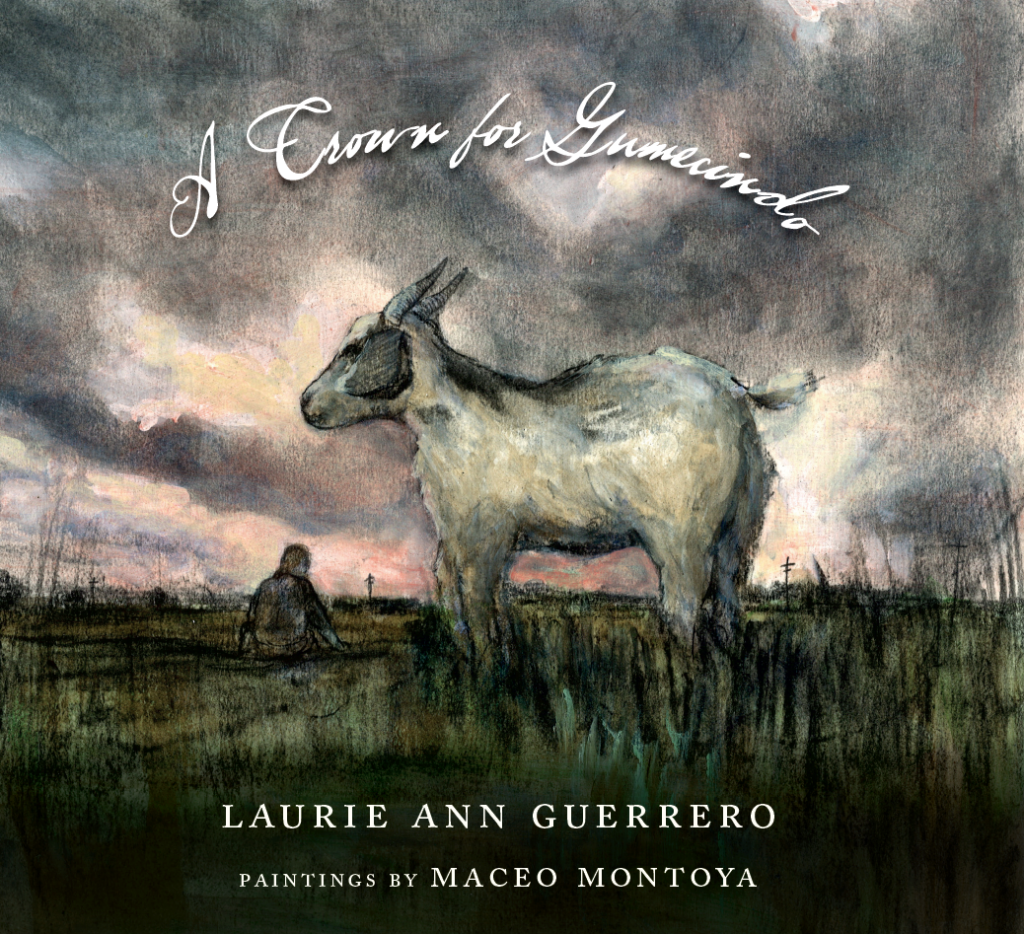Today's book of poetry:
Waiting For The Albatross - Found poems from a deck hand's diary, 1936. Jack Shreve/Sandy Shreve. Oolichan Books. Fergie, British Columbia, 2015.
![]()
![]()
![]()
Sandy Shreve has previously published four poetry books, most recently Suddenly, So Much (Exile Editions, 2005), and two chapbooks, Cedar Cottage Suite (Leaf Press, 2010) andLevel Crossing (Alfred Gustav Press, 2012). She co-edited, with Kate Braid, the anthology In Fine Form – The Canadian Book of Form Poetry(Polestar, 2005), edited Working For A Living, a collection of poems and stories by women about their work (Room of One’s Own, 1988) and founded BC’s Poetry in Transit program. Her work is widely anthologized and has won the Earle Birney Prize for Poetry and been short listed for the Milton Acorn People’s Poetry Award and the National Magazine Awards for poetry. Born in Quebec and raised in Sackville, New Brunswick, she now lives on Pender Island, British Columbia. For more information, visit www.shreve.shawwebspace.ca
~ Jane Eaton Hamilton, Author of July Nights
“Like a “geezly big airplane” with a ten-foot wingspan, the book you are holding is no ordinary thing. It’s a book of poetry and also a history. It’s formal and plain-spoken, contemplative and bloody-knuckled. It’s then and it’s now. It’s a father and daughter talking across great distances. The voice in Waiting for the Albatross is two voices at once, and the ocean between them. Eighty years after the words were first written they’ve finally
arrived—from his hands, to hers, to yours. Thank goodness for unordinary things.”
~ Rob Taylor, Author of The Other Side of Ourselves
Waiting For The Albatross - Found poems from a deck hand's diary, 1936. Jack Shreve/Sandy Shreve. Oolichan Books. Fergie, British Columbia, 2015.

Sandy Shreve has produced a remarkable book of poetry by re-imagining her father's diary. Jack Shreve was a sailor on a freighter in 1936, when he was 21, and he kept a diary of his five month journey from Halifax to Australia and back.
This book is illustrated with photos from Jack Shreve's journey, along with various documents that fill in all the empty spaces in this marvellous story.
The poems speak a language a daughter invented for her father. Wondrous.
Waiting for the Albatross: 2
Couldn't see any albatross at all up on the poop
at breakfast time.
When we throw our garbage over the wall
the albatross usually make a mad scramble for it.
They're a funny sight, paddling for dear life
but I couldn't see any albatross at all at noon
today. Then bos'n came dashing in the foscle
hollering, "Look at the geezly big airplane"
long after I threw our garbage over the wall.
We all dashed out the door, then he hollered
"April Fool" and laughed heartily
when we saw an albatross with a wing spread
of at least ten feet. They very seldom move
their wings and when they bank, chasing
after the garbage we toss over the wall, I've seen
the tips slice the water. If a glider could be patterned
after them! And yet, they're so heavy they have to
go like a seaplane to get up. From the poop, I saw one
take off from the crest of a wave. This morning
I went up on the poop to take pictures -
but couldn't see any albatross at all; not even
at noon when I tossed our garbage over the wall.
...
It is easy to imagine the senior Shreve as a poet on his own, he knows what to look for in the world around him. These short narratives make history real.
Sandy Shreve has done her father a tremendous honour. Many men have sailed the ocean but Sandy Shreve has turned her father's voyage into art.
Waiting For The Albatross is an entirely rewarding collection. Two voices sing with one sound and create a harmony eighty years and tens of thousands of hard miles in the making.
May Day
I wonder what's going on in the world to-day.
The "storm petrels" I saw yesterday lived up to their name
and we're rolling all over the ocean.
We got that damned rice for desert, and stewed prunes
but the officers got apple dumplings and fancy biscuits.
I wonder what's going on in the world to-day.
In the water alongside us, a huge shark was rolling back
and forth and every once in a while turned belly up
as we rolled over the ocean.
Told steward about the maggots we found in our biscuits. "Fresh
meat" as they call it or no, I'd sooner starve than eat that filthy food.
I wonder what's going on in the world to-day.
We've been taking some pretty bad rolls, Got a snap
of the Bon Scot heeled right over and dipping her starboard rails
with her infernal tossing and rolling.
We've taken several seas and lots of spray; I got caught
in one and was washed to the side.
I wonder what's going on in the world to-day
while we're rolling all over the ocean.
...
Today's book of poetry discovered a very soft spot for Sandy Shreve as she navigates through her father's adventures.
At this mornings read Milo drew a big anchor on his forearm before he'd read a word. (There is something going on in our little office because every time Kathryn looks at Milo she looks lost at sea.)
News
Things look bad in Europe. Hitler re-militarizing
the Rhineland, France rushing reinforcements
to the border. Britain concerned. Italy's conquered
the Ethiopians. Things look bad in Europe.
I suppose we'll get home in time to be conscripted
for service in this war they seem to be hatching,
what with Hitler re-militarizing the Rhineland and
France reinforcing the border. Things look bad.
...
Waiting For The Albatross is an old black and white movie suddenly colourized and in the best possible way. Sandy Shreve has canonized her father with Ahab, with Hem's "old man", Lord Nelson and all those other cats who played their stories out on the sea.
These plain-spoken hard-working poems are worth your valuable time. They are Canadian and they sailed around the world just for you.

Sandy Shreve

Jack Shreve
ABOUT THE AUTHOR
Sandy Shreve has previously published four poetry books, most recently Suddenly, So Much (Exile Editions, 2005), and two chapbooks, Cedar Cottage Suite (Leaf Press, 2010) andLevel Crossing (Alfred Gustav Press, 2012). She co-edited, with Kate Braid, the anthology In Fine Form – The Canadian Book of Form Poetry(Polestar, 2005), edited Working For A Living, a collection of poems and stories by women about their work (Room of One’s Own, 1988) and founded BC’s Poetry in Transit program. Her work is widely anthologized and has won the Earle Birney Prize for Poetry and been short listed for the Milton Acorn People’s Poetry Award and the National Magazine Awards for poetry. Born in Quebec and raised in Sackville, New Brunswick, she now lives on Pender Island, British Columbia. For more information, visit www.shreve.shawwebspace.ca
ABOUT THE AUTHOR'S FATHER
Jack Shreve was born in New Brunswick in 1914 and was raised there and in Nova Scotia, until 1930. In 1934, after spending a few years in Toronto, the family returned to the Maritimes, living in St. Stephen, NB. After his trip on the "Canadian Scottish,” Jack received his amateur radio license and remained an avid ham radio operator for the rest of his life. He did his wireless training at Saint John Vocational School and during WW II was a radio operator, first with the Merchant Marine and then, once it was up and running, with the Ferry Command. He worked as a radio technician for the CBC International Service in Sackville, NB from 1952 until his death, at age 50, in 1965.BLURBS
“Poignant, salty, full of danger, these poems always manage to dock at our hearts. The experience of reading it is a lot, I imagine, like being there.”~ Jane Eaton Hamilton, Author of July Nights
“Like a “geezly big airplane” with a ten-foot wingspan, the book you are holding is no ordinary thing. It’s a book of poetry and also a history. It’s formal and plain-spoken, contemplative and bloody-knuckled. It’s then and it’s now. It’s a father and daughter talking across great distances. The voice in Waiting for the Albatross is two voices at once, and the ocean between them. Eighty years after the words were first written they’ve finally
arrived—from his hands, to hers, to yours. Thank goodness for unordinary things.”
~ Rob Taylor, Author of The Other Side of Ourselves
Sandy Shreve
reads her poem "Autumn Pantoum"
Video: Sandy Shreve
423
DISCLAIMERS
Poems cited here are assumed to be under copyright by the poet and/or publisher. They are shown here for publicity and review purposes. For any other kind of re-use of these poems, please contact the listed publishers for permission.
We here at TBOP are technically deficient and rely on our bashful Milo to fix everything. We received notice from Google that we were using "cookies"
and that for our readers in Europe there had to be notification of the use of those "cookies. Please be aware that TBOP may employ the use of some "cookies" (whatever they are) and you should take that into consideration.







